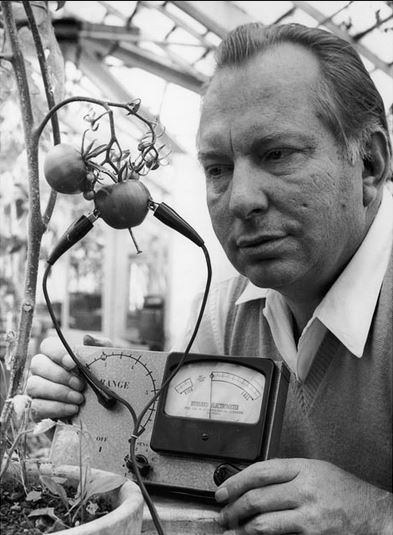Skeptics and Bayesian epistemology
It's worth observing that Bayesian epistemology has some serious unresolved problems, including among them the problem of prior probabilities and the problem of considering new evidence to have a probability of 1 [in simple conditionalization]. The former problem is that the prior assessment of the probability of a hypothesis plays a huge factor in the outcome of whether a hypothesis is accepted, and whether that prior probability is based on subjective probability, "gut feel," old evidence, or arbitrarily selected to be 0.5 can produce different outcomes and doesn't necessarily lead to concurrence even over a large amount of agreement on evidence. So, for example, Stephen Unwin has argued using Bayes' theorem for the existence of God (starting with a prior probability of 0.5), and there was a lengthy debate between William Jefferys and York Dobyns in the Journal of Scientific Exploration about what the Bayesian approach yields regarding the reality of psi which didn't yield agreement. The latter problem, of new evidence, is that a Bayesian approach considers new evidence to have a probability of 1, but evidence can itself be uncertain.
And there are other problems as well--a Bayesian approach to epistemology seems to give special privilege to classical logic, not properly account for old evidence [(or its reduction in probability due to new evidence)] or the introduction of new theories, and not be a proper standard for judgment of rational belief change of human beings for the same reason on-the-spot act utilitarian calculations aren't a proper standard for human moral decision making--it's not a method that is practically psychologically realizable.
The Bayesian approach has certainly been historically useful, as Desiree Schell's interview with Sharon Bertsch McGrane, author of The Theory That Would Not Die: How Bayes’ Rule Cracked the Enigma Code, Hunted Down Russian Submarines, and Emerged Triumphant from Two Centuries of Controversy, demonstrates. But before concluding that Bayesianism is the objective rational way for individuals or groups to determine what's true, it's worth taking a look at the problems philosophers have pointed out for making it the central thesis of epistemology. (Also see John L. Pollock and Joseph Cruz, Contemporary Theories of Knowledge, 2nd edition, Rowman & Littlefield, 1999, which includes a critique of Bayesian epistemology.)
UPDATE (August 6, 2013): Just came across this paper by Brandon Fitelson (PDF) defending Bayesian epistemology against some of Pollock's critiques (in Pollock's Nomic Probability book, which I've read, and in his later Thinking About Acting, which I've not read). A critique of how Bayesianism (and not really Bayesian epistemology in the sense defended by Fitelson) is being used by skeptics is here.



